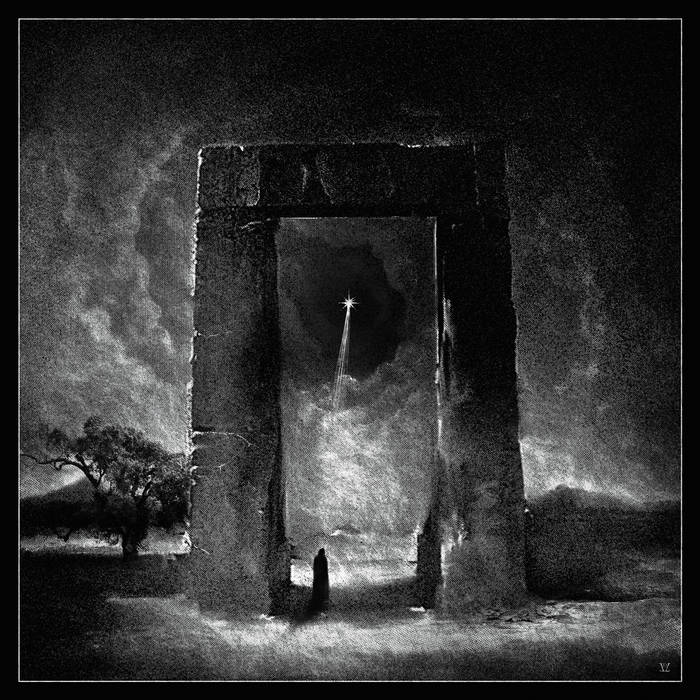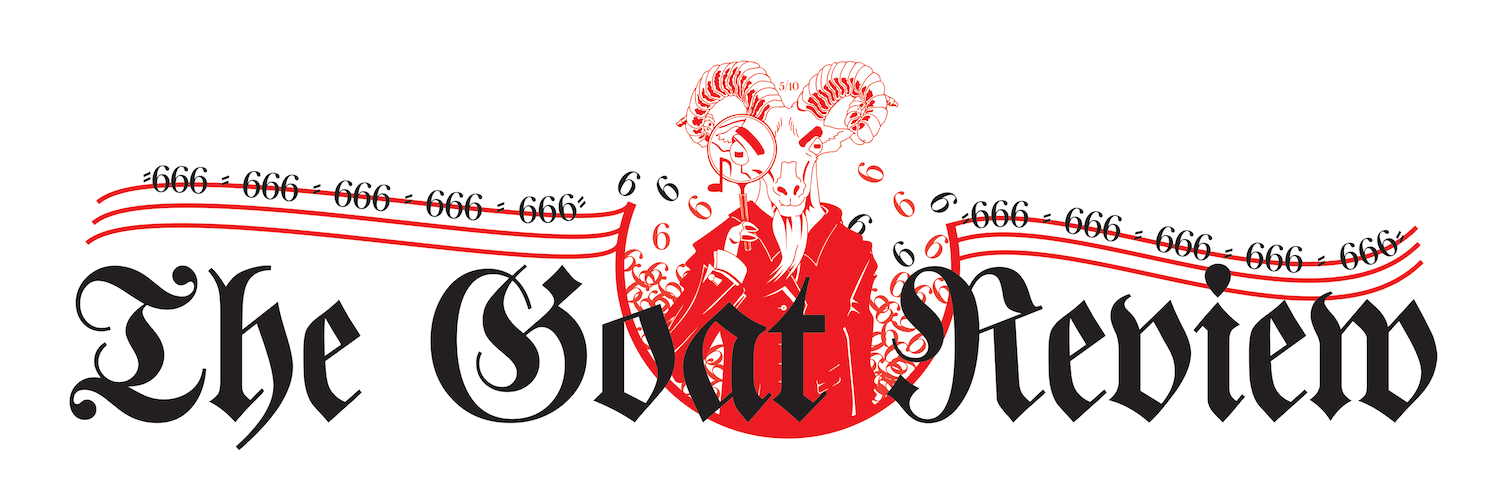
I have bemoaned the trend of Metal’s flanderization for a while. Genres become more and more distilled down to their barest of essence, with sometimes only homeopathic amounts of creativity remaining—in the truest, Samuel Hahnemann sense of the word. Acausal Intrusion seemed initially somewhat interesting. Their style of Dissodeath seemed to have an odd influence from the Brutal Death Metal realm, even if only in the production values, most notably the snare. Nulitas, the debut, was exciting on some level, but it never managed to worm itself into my rotation and in hindsight, I must admit that the issues being present in this newest album have been foreshadowed right from the start . Panpsychism is the closer of a trilogy supposedly. Ironically, the foreshadowing doesn’t seem to work on that level, as I can not make out any connection between those two and the second entry in the trilogy, Seeping Invocation.
The issue with flanderization, that is the overuse of tropes, is that it reduces the creative impetus to a self-evident fact and songwriting becomes a force of habit, a casual activity rather than an attempt at honest creative expression. The way “Statical Universe”, for example, sees Acausal Intrusion repeating the same three-note motif while a skronky, atonal solo develops above is a a section I have heard again and again elsewhere. Even the almost Slam-scene power chords at the end seem to be more focused on obfuscating the rhythmic pulse—a trope in itself—rather than actually showcasing the BDM influence that originally intrigued me. Similarly, Panpsychism features interludes “entrusted to synths, piano and acoustic sounds” in an attempt to break up the pacing and make the album more listenable, which, in practice, achieves the opposite. Often, these interludes will just blend into each other. Consider the albums intro, “The Horror Above”, essentially already 2 minutes of whoosh noises, giving way to “Encoded Exagrams“, which by itself has an introductory clean arpeggio section. “Pillar of Rationality”, a song later on the album, tries to do the same but within the song, using reverb-drenched, post-metal style chords oscillating into the silence for a whole minute before giving way to, once again, very similar clean arpeggios. Length, development, and atmosphere are all worthwhile pursuits in Progressive music, but ultimately need a reason to exist. The sections of especially long songs need to build on what came before, or at least contrast it with purpose and intent. Dissodeath seems to have reached the point where bands do things because that is the way they should be done. If Acausal Intrusion presents any sign it’s that the exciting days where Dissonant Metal was the Wild West seem to be over.
